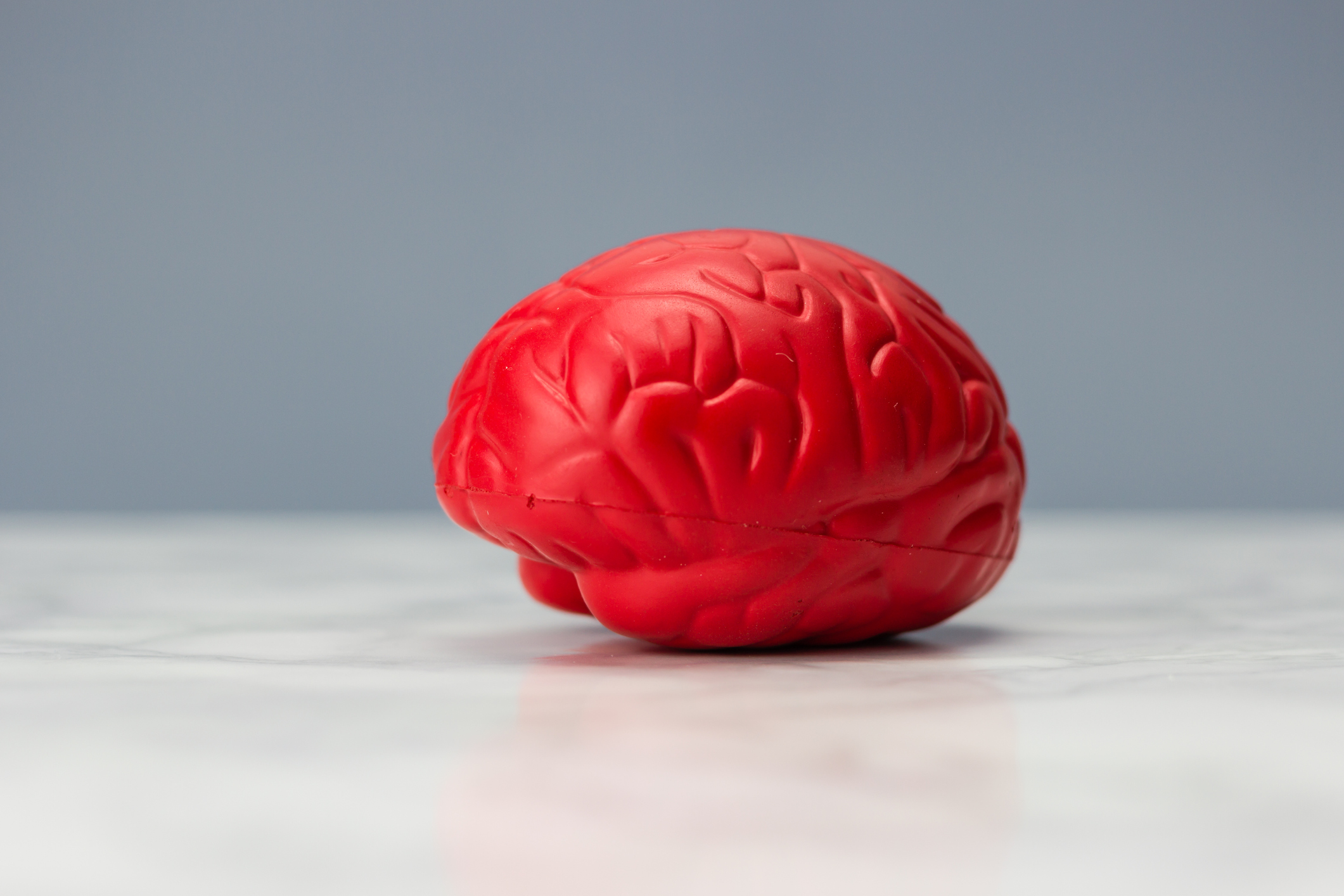

The problems with heavy drinking are well-known.
For one thing, heavy drinking can actually change your DNA and make you crave alcohol even more.
Then there’s the strong connection between cancer and alcohol
And, of course, binge drinking can do permanent harm to your heart and liver.
Many people think it’s just heavy drinkers who pay the price alcohol exacts on their health.
But a recent, large-scale study proves that’s just not the case…
The more alcohol you drink, the less brain you have
An analysis of data from more than 36,000 adults, led by a team from the University of Pennsylvania, revealed some scary findings for those of us who consider ourselves “light” drinkers.
The data was drawn from the UK Biobank, a database with genetic and medical information from half a million British middle-aged and older adults.
To give a sense of the impact of alcohol on the brain, the researchers compared the reductions in brain size linked with drinking to those that occur with aging.
And the results revealed that even light-to-moderate alcohol consumption is associated with a shrinking brain.
For example, when a 50-year-old increases from drinking about half a beer a day to a pint of beer or glass of wine a day, the associated brain changes are equivalent to two years of aging.
But with each additional drink, the alcohol reflected a greater aging effect in the brain…
Going from two to three alcoholic drinks at the same age was like your brain aging three and a half years
But reaching up to four drinks was dramatically different…
While going from no drinks daily to a daily average of one drink was associated with the equivalent of half a year of aging — the difference between zero and four drinks was more than 10 years of aging!
But haven’t we heard moderate drinking is healthy?
Perhaps you’ve read other studies that reported that drinking moderately does little harm, and may even do some good.
What’s the difference between those studies and this one that appears to show any amount of alcohol is shrinking and aging your brain?
Those earlier studies just weren’t large enough.
“The fact that we have such a large sample size allows us to find subtle patterns, even between drinking the equivalent of half a beer and one beer a day,” says Gideon Nave, a corresponding author on the study.
He continues, “Having this dataset is like having a microscope or a telescope with a more powerful lens,” Nave says. “You get a better resolution and start seeing patterns and associations you couldn’t before.”
Is drinking any amount okay?
Right now you may be wondering if you should give up the glass of wine you enjoy with dinner or the one beer you drink to relax after work.
Based on the evidence, those who drink the most will benefit the most from drinking less.
“There is some evidence that the effect of drinking on the brain is exponential,” says Daviet. “So, one additional drink in a day could have more of an impact than any of the previous drinks that day. That means that cutting back on that final drink of the night might have a big effect in terms of brain aging.”
So, if you really can’t part with that one drink a day, at least don’t add any additional servings to it.
Even though the jump to two or three drinks a day doesn’t produce the dramatic 10-year age increase (and equivalent loss in brain matter) that four drinks could, it’s the next step up the ladder to heavy drinking. And that’s where the most damage takes place.
You might want to think about the type of alcohol you drink though. This study did not differentiate types of alcohol, but another study found that when it comes to AFib, beer and cider consumption was associated with a greater risk of heart problem, compared to red or white wine consumption.
Because healthy heart function and blood circulation are important for a healthy brain, it may not be too far-fetched to assume the same may be better for the brain.
Wine drinkers also have a healthier gut microbiome. That’s beneficial for the gut-brain axis, the biochemical signaling that takes place between the gastrointestinal tract and the central nervous system, which may be a factor in dementia development.
Of course, for help pumping up your brain volume for a younger brain, look no further than boosting your omega-3s. Just be sure to follow this advice about dosage.
Sources:
More alcohol, less brain: Association begins with an average of just one drink a day — Science Daily
Associations between alcohol consumption and gray and white matter volumes in the UK Biobank — Nature Communications
